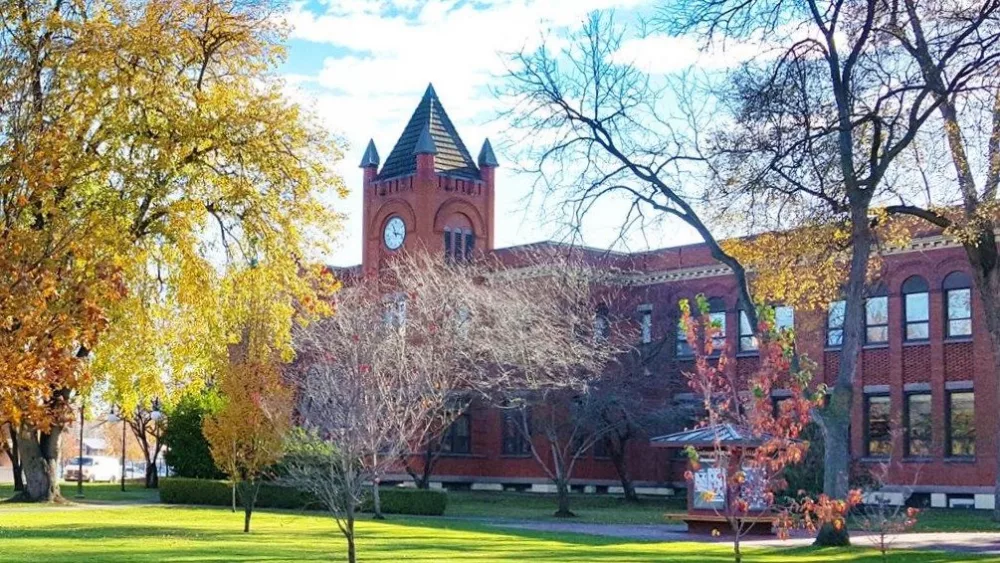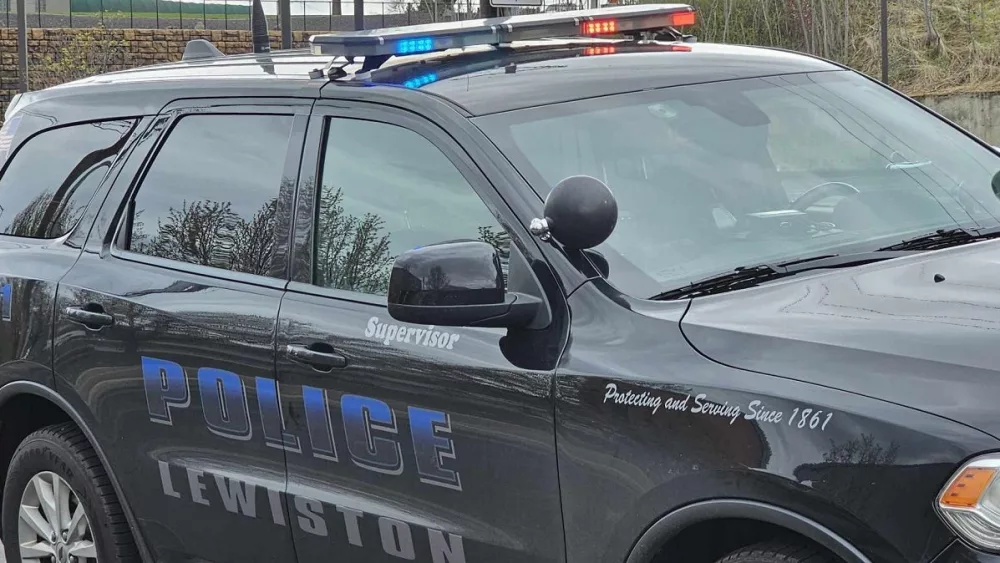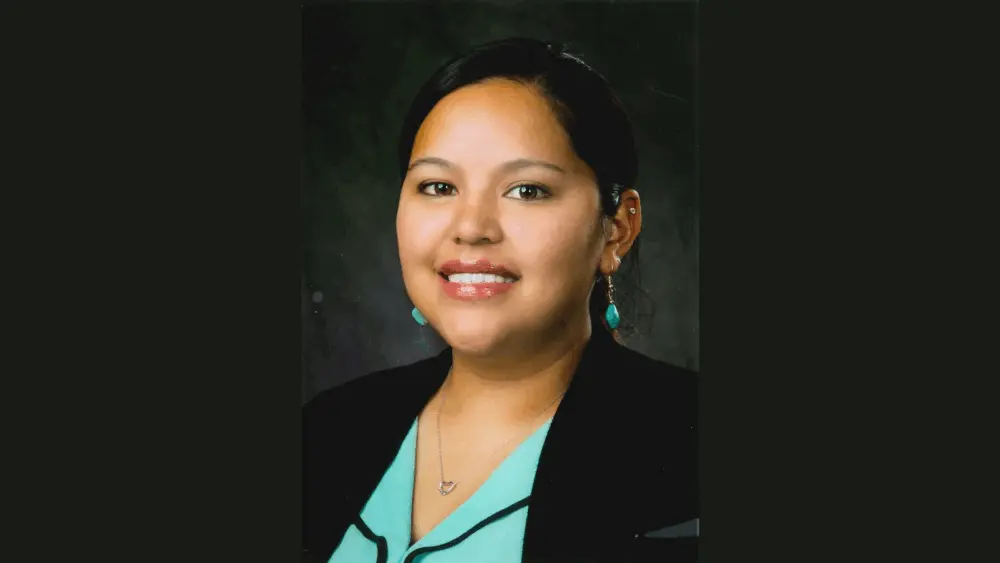Dr. Lynne Nelson intently watched an echocardiogram monitor displaying the heart movements of a 33-year-old chimpanzee named Cy who lay sedated and surrounded by a team of veterinary professionals and staff at the Chimpanzee Sanctuary Northwest in Cle Elum, Washington.
As the lead cardiologist at Washington State University’s Veterinary Teaching Hospital, Nelson recently visited the facility to perform cardiac exams on three newer residents, Cy, Lucky, and Terry. Cardiovascular disease is a major cause of illness and death for chimpanzees living in captivity.
“Captive chimpanzees get the same heart diseases as people,” Nelson said. “As far as we can tell, there really aren’t descriptions of wild chimpanzees suffering from hypertension, diabetes and those types of things that affect their heart. But in captivity, it is pretty rampant, particularly in research facilities and places in which they are confined and have a sedentary lifestyle, or maybe not the best diet.”
“Captive chimpanzees get the same heart diseases as people…particularly in research facilities and places in which they are confined and have a sedentary lifestyle….”Dr. Lynne Nelson
WSU’s Veterinary Teaching Hospital
While chimpanzees at many facilities do not receive optimal care and stimulation, the staff at Chimpanzee Sanctuary Northwest — established to provide sanctuary for chimpanzees discarded from the entertainment industry and biomedical testing facilities — work to provide their 16 residents with a healthier environment that includes socialization, plenty of space for normal physical activities and proper nutrition.
Cy was diagnosed with a heart condition before he, Lucky, Terry, and three other chimpanzees were transferred to the sanctuary in 2021 from their previous home, the Wildlife Waystation near Los Angeles, which cared for more than 40 chimpanzees and unexpectedly closed in 2019 due to financial difficulties.
Before their transfer, each underwent a physical exam and additional testing. Nelson was able to compare those results with her recent examinations. The latest results were largely positive for Lucky and Terry, however, Cy’s condition had progressed.
Nelson said Cy appears well clinically, but an echocardiogram, an ultrasound test that checks the structure and function of a patient’s heart, found evidence of hypertensive heart disease, and other tests showed age-related valve disease and some impairment of his heart pumping function.
“What we found was he has active congestive heart failure, just mildly, and the sanctuary hadn’t suspected that yet,” she said. “That was sad for all of us to hear that he’s already in congestive heart failure, but we have developed a monitoring plan and made some adjustments to his medications.”
Nelson noted people and animals with congestive heart failure can still live for years with proper treatment and management.
Nelson has been helping to provide care to the chimpanzees at the sanctuary for years after initially being approached about examining and developing a treatment plan for a chimp that had been diagnosed with a condition in which the heart muscle becomes thickened and enlarged and cannot pump enough blood through the body. More than 10 years after his diagnosis, the chimp, named Burrito, is thriving and will celebrate his 40th birthday in January.
“Burrito is one of my favorite chimps,” Nelson said. “We’ve been treating him for heart disease for quite a while. We re-evaluated him a few years ago and have been tweaking his medications based on his clinical signs, but he’s doing quite well. I think that’s probably a testament to the great care he receives at the sanctuary.”
Nelson said the dedication of the people caring for Burrito and the other chimpanzees is awe-inspiring.
“I’m honored,” she said, “that they let me come out and stay on the premises and help these amazing animals.”




